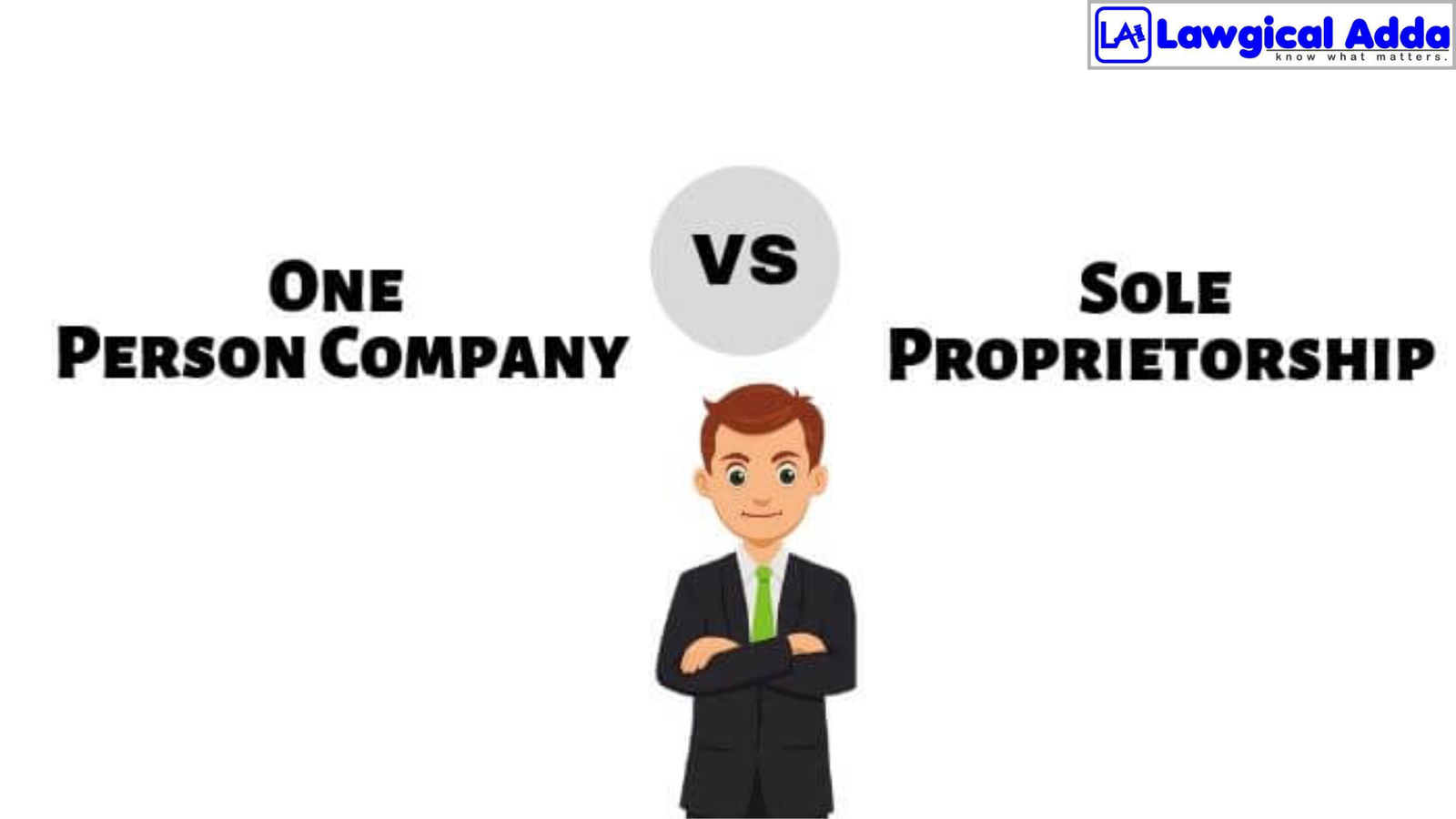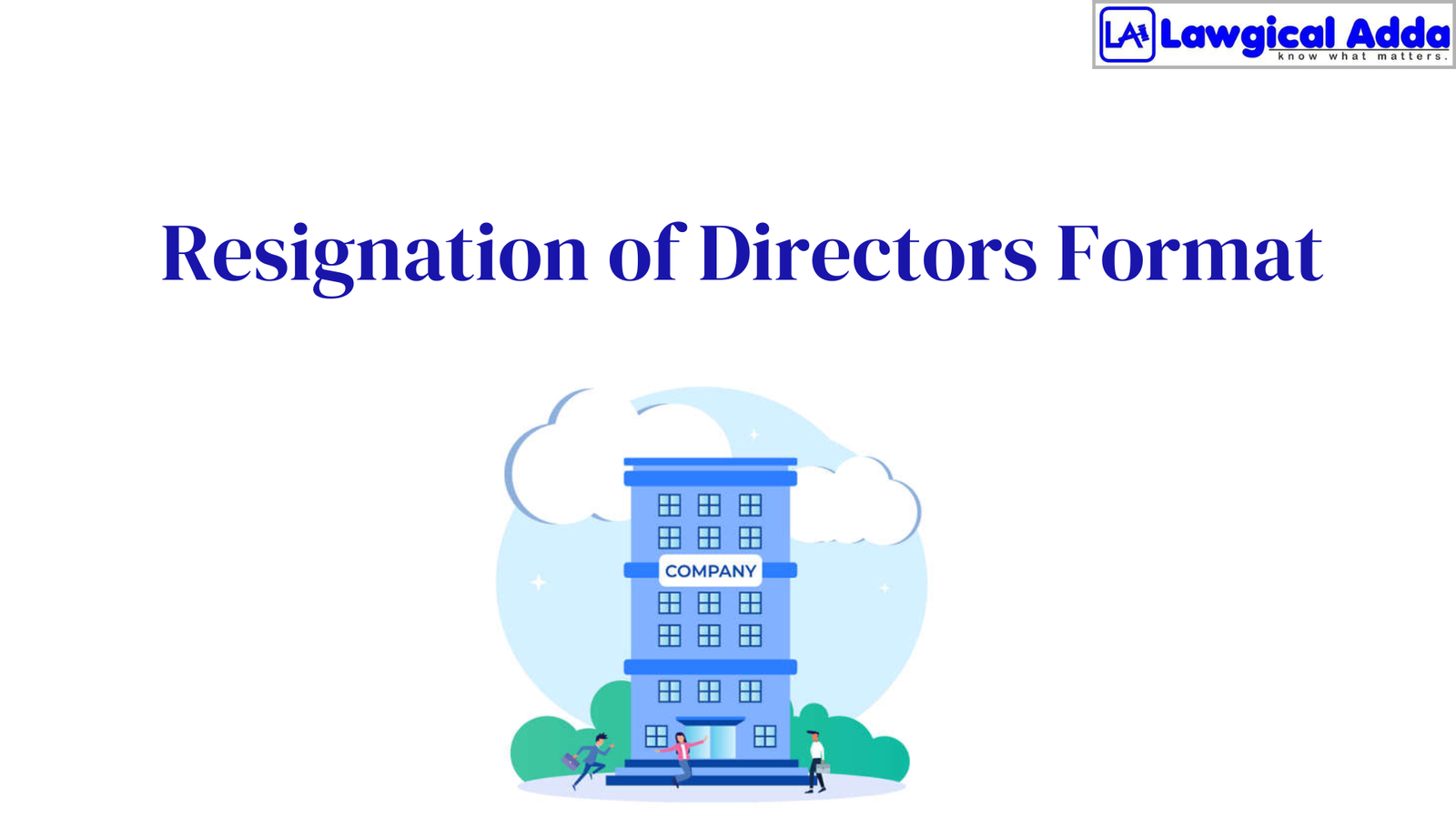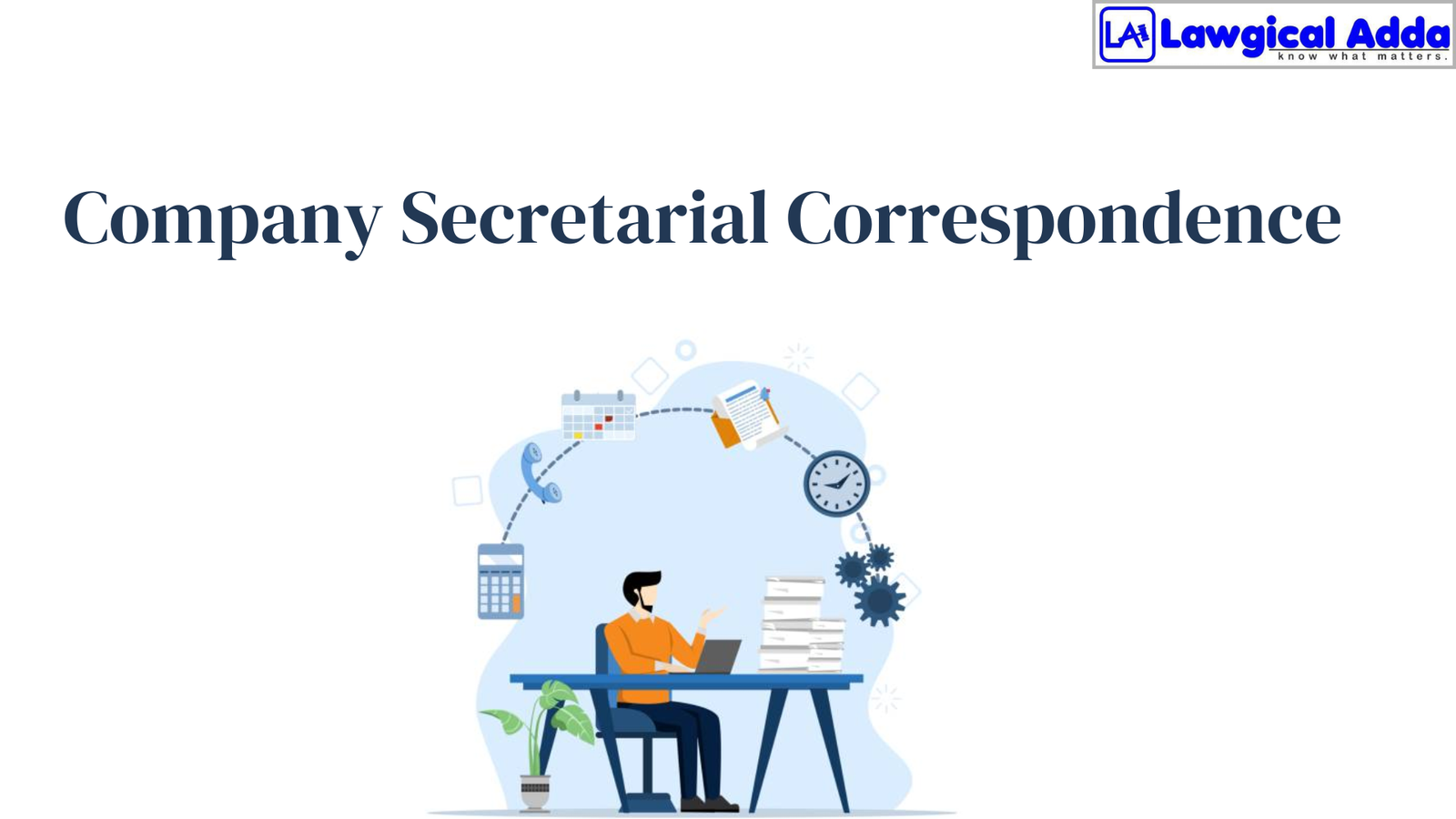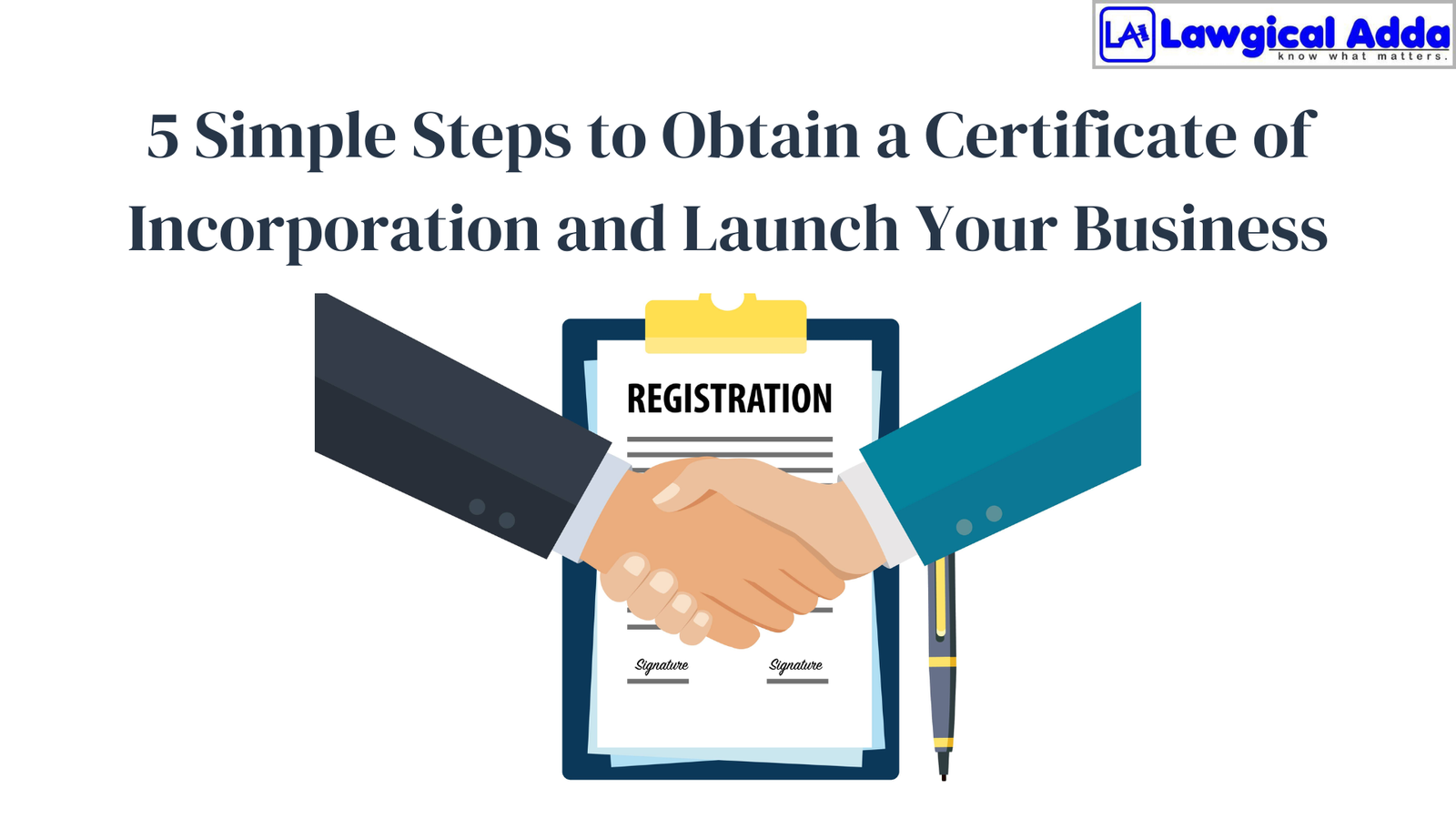One Person Company (OPC) vs. Sole Proprietorship: The Ultimate Showdown!

Table of Contents
Introduction
There are many business structures in the corporate world. Entrepreneurs and business owners often find themselves at a crossroads when choosing a suitable business structure for themselves. There are many options that entrepreneurs can choose from.
Two such popular options that one can consider are the One person company (OPC) and the sole proprietorship. It is difficult to choose between one person company vs sole proprietorship. Each of these business structures is tailored to different kinds of needs and objectives.
Each of them has their advantages and challenges. It is therefore essential to understand the structures, advantages, and disadvantages of both OPC and Sole Proprietorship. This blog will cover these specifications in detail.
What is a Sole Proprietorship?
A sole proprietorship is one of the most popular and simplest forms of business structure. It is run by a single individual. It does not have a separate legal entity. Its identity is attached to its owners. The business and its owner are considered the same legally. The profits, losses, assets, and liabilities of the business are associated directly with its owner.
What is an OPC?
The concept of OPC was introduced by the Companies Act in 2013. It is a type of a private company. It is similar to a sole proprietorship but enjoys a separate legal entity. It allows a single individual to enjoy the benefits of both, a corporate structure and a sole proprietorship. An OPC provides limited liability, protection, and perpetuity.
Understanding the difference: one person company vs sole proprietorship
Legal structure and formation
A sole proprietorship can be formed without any heavy expenses. It is easy and low-cost. It does not require registration under any act, although certain licenses and permits may make registration mandatory.
The proprietor and the business are considered the same entity. There is no distinction between them. The owner’s assets and liabilities and the business’s assets and liabilities are considered the same.
Sole proprietorship requires less legal compliance. Tax filing and other regulatory requirements are straightforward, too. Forming an OPC requires a more complex process comparatively. It requires registration with the Ministry of Corporate Affairs (MCA) and follows the regulations and guidelines set by the Companies Act, 2013.
However, an OPC enjoys a separate legal entity in the eyes of the law. This means that the assets and liabilities of the owner are distinct from its owner. That is why the owner is protected from the liability of the company that goes beyond his share’s nominal value or guarantee.
An OPC also has to comply with multiple regulatory requirements annually. They have to maintain proper books of accounts, file annual returns, and undergo audits on a fixed and regular basis. This acts as a protective shield to the member and ensures transparency in transactions. Frauds, too, can be avoided.
Liability and risk
The owner of the sole proprietorship has to bear the burden of unlimited liability. The owner’s assets can be used to pay back the business debts and obligations. This poses a significant financial risk to the owner’s personal finances.
This increases the personal risk of the proprietor. The member of an OPC is protected from the company’s liability. The members liability is limited to their investment in the company. Their personal assets are protected from the financial losses of the business.
OPC offers a safer financial structure to entrepreneurs. This classification of personal assets and business assets reduces the personal risk of the member. The company itself becomes liable for its losses.
Taxation
Income gained from a sole proprietorship is taxed under the head ‘personal income.’ The tax is charged to the proprietor at the individual tax rates. The business income is generally reported in the owner’s own tax return. The tax rate may be progressive depending on the owner’s total income.
An OPC is taxed as a separate legal entity. It is taxed on the basis of corporate tax rates which may be lower than the individual income tax rates. This can result in significant tax savings which saves business income.
Control and Management
The proprietor has complete control over all the business decisions. He can make quick and flexible decisions. The business is entirely owned by its owners. This acts as both an advantage and disadvantage for the proprietorship depending on the owner’s expertise and capacity.
An OPC, too, is run by its sole shareholder. However, it has to adhere to all the corporate governance, norms, and regulations. It has to hold board meetings and maintain statutory records.
Continuity and Transferability
The business existence of a sole proprietorship is directly associated with the owner. The business stops and ceases to exist soon after the owner’s death or incapacity. Transferring ownership is difficult in this case. However, the OPC enjoys perpetual succession. The business continues to exist even after the owner’s death or incapacity.
Advantages and Disadvantages of OPC vs sole proprietorship
| One Person Company | Sole Proprietorship |
| Complex registration procedures. | Easy and cost efficient to set up. |
| The single member and the owner of the company take decisions. However, various compliances have to be followed before. | Owner gains full control over business decisions. |
| Income is charged to the company. | Income is charged to the owner under his personal income head. |
| Tax is charged at corporate tax rates. | Tax is charged at individual rates. |
| Members are protected by limited liability. | Personal assets of the owner are at risk. |
| OPC enjoys perpetual succession. | Businesses cease to exist after the incapacity of the owner. |
| Better access to funding and capital. | Limited access to funding and capital. |
Conclusion
Both One Person Company and Sole Proprietorship have their advantages and setbacks. A sole proprietorship is ideal for smaller, low risk entities that need to make fast and flexible decisions.
Since, sole proprietorship has minimal compliance burden, it must be opted by entities having low risk and requiring comparatively less security. OPC offers limited liability protection, access to funding, continuity, etc. But it requires completing extensive compliance. \
It must be chosen by a high risk entity requiring a lot of security. OPC requires capital, too. Ultimately, the choice between an OPC and a Sole Proprietorship should be based on a thorough assessment of the business’s needs, goals, and the owner’s personal preferences and circumstances.
Consulting with legal and financial advisors can also provide valuable insights tailored to individual situations, ensuring the chosen structure aligns with long-term business objectives.







